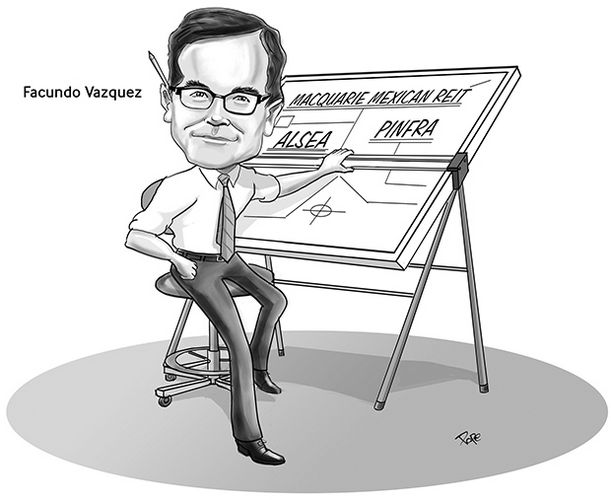Latin America offers mandates galore for ECM bankers with a good sales pitch and the persistence to beat off the competition, but few firms had the skill to successfully execute a broad range of trades in what proved to be a particularly tough year. For doing just that, Itau BBA is IFR’s Latin America Equity House of the Year.
Despite dramatic declines in Brazilian ECM volumes as the country fell into recession and volatility spiked ahead of a tightly contested presidential election, two of the country’s top banks – Itau BBA and BTG Pactual – still held sway in a Latin American primary market dominated by Mexico.
Running neck-and-neck with its Brazilian rival, Itau firmly established itself as a true LatAm ECM shop. It not only won mandates but more importantly showed it could execute a wide variety of trades despite volatile conditions that tripped up several issuers through the year.
Such deals included Brazil’s only major deal of 2014, an ill-fated jumbo US$3.68bn follow-on for telecoms company Oi, rump and rights offerings for Chile’s Luksic family, and a ground-breaking sale of rare L-shares for Mexican infrastructure firm Pinfra (IFR’s Latin America Equity Issue).
“This is the first time we are number one without Brazil being the main pool of demand and deals,” said Facundo Vazquez, head of Latin America ECM at Itau.
After expanding in the Andean region through its acquisition of Chile’s CorpBanca, Itau started making inroads in Mexico, but having set up offices in 2013 it was left waiting for the broker-dealer licence that BTG already held. Despite that Itau acted as lead on the international tranches for three of the eight trades executed from Mexico – real estate investment trust Macquarie Mexico, infrastructure company Pinfra, and fast food company Alsea.
Itau was able to clinch the mandate for Alsea’s all-primary offering largely due to its well-established research team, making it the only lead not to have provided financing to acquire Walmart’s Mexican restaurant division VIPS.
Indeed, the follow-on was a rare success, helping the company raise a total of Ps7.41bn (US$570m) through a deal that was four times covered and priced at a slim 0.8% discount to the last sale.
The transaction marked the company’s first 144A offering targeted at international investors after many years of slowly building liquidity in the local markets.
It also underscored Chilean and Brazilian funds’ growing interest in cross-border deals outside their own poorly performing markets. “In the case of Alsea we saw US$400m of Chilean and Brazilian demand,” Vazquez said.
Aside from Mexican trades, Itau could also boast working on a broad range of trades in Brazil and Chile, including a re-IPO for GeoPark, a Chile-based regional oil and gas company that wished to delist from the Santiago Stock Exchange and London’s AIM and relist on the NYSE in an effort to gain more liquidity.
The deal was one of the few issues to see the light of day in February, just after EM currencies collapsed on fears over the asset class, leading to Office Depot de Mexico and Fras-Le throwing in the towel on their planned equity offerings.
In the end, GeoPark was priced at US$7 per share, the bottom end of a revised US$7–$8 range, but buyers have come out winners with the stock price climbing to around US$8.10 on November 26.
In another feat of skillful execution, Itau was one of the leads – along with JP Morgan, Bradesco and Banco do Brasil – on Brazil’s only IPO in 2014, a US$147m offering from animal health company Ourofino.
Coming between the first and second rounds of the Brazilian presidential election in October, success was far from guaranteed. Following the model of the 2013 IPO from Gol’s frequent flier programme Smiles, leads brought in an anchor order from private equity firm General Atlantic covering nearly 50% of the US$150m-equivalent trade.
The well thought-out strategy made all the difference and heightened comfort levels among the buyside that had largely rejected Brazil. In the end, 135 investors came into the trade, allowing the company to price the deal at the top of the R$26–$27 range.
“Ourofino was a different approach to a difficult situation in Brazil,” said Vazquez. “It showed the market that if you have the right company and the proper structure, you can get things done in Brazil.”
To see the digital version of the IFR Americas Review of the Year, please click here.
To purchase printed copies or a PDF of this report, please email gloria.balbastro@thomsonreuters.com.

